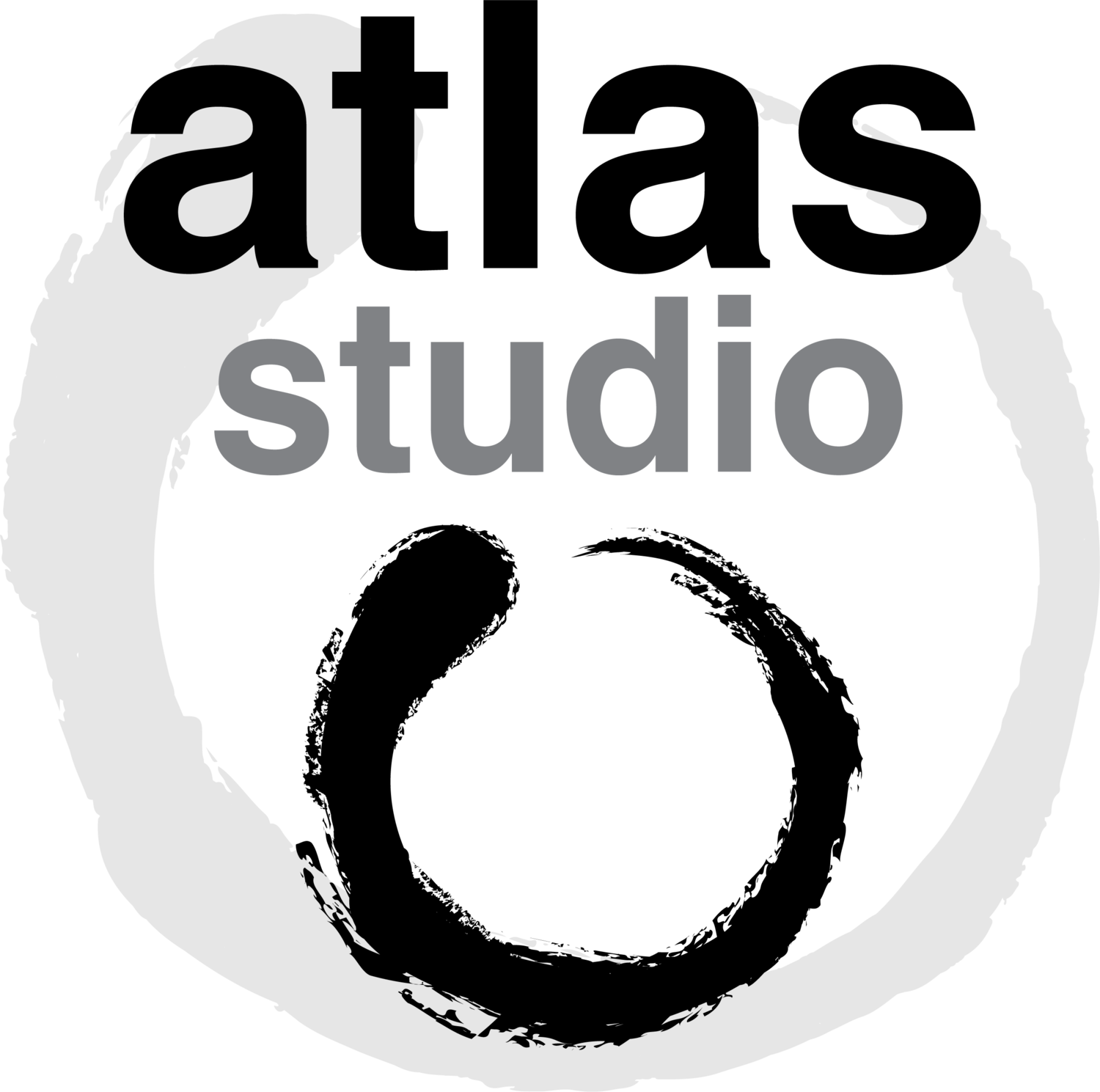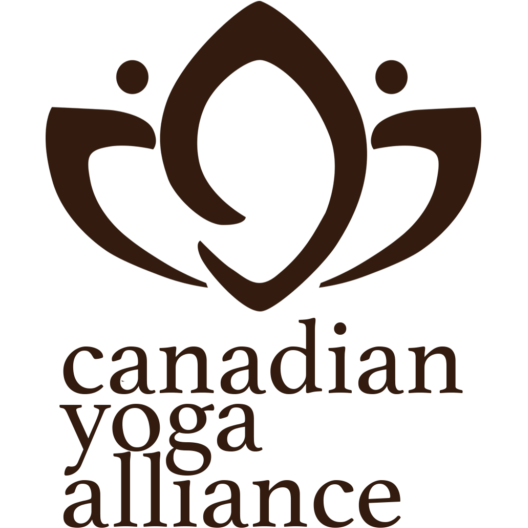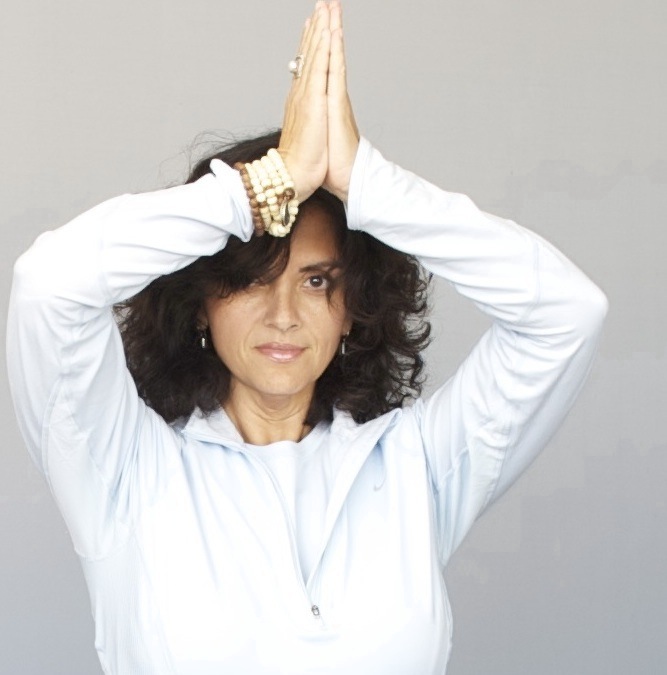Atlas Studio is a proud member of the Canadian Yoga Alliance
Course Information
Course Length: 200hrs
Course Dates:
September 14, 2021 - June 30, 2022
Intensive page for Intensive dates/times (May 10-June 13, 2021)
Start Date: September 14, 2021
Times:
September 2021: Tuesdays 6-9pm and 12 full days
Tuition: $3,708.00 CAD
Payment due 45 days before the program begins (CDN plus HST)
Instructor: Denise Davis-Gains
Contact: info@atlasstudio.com or 519.240.9642
* Please note: payment is required on receipt of notification of acceptance to the program. (refunds will not be issued once admitted to this program)
*all programs are currently available online
The Atlas Yoga Teacher Training Method: Live your own Yoga
The Atlas yoga method is organized into a complete physically logical system of tapas (or exercise) that will focuses on mental, physical and spiritual balance, strength and flexibility. This methodology towards optimal health and wellbeing is rooted in ancient wisdom, modern research and science.
The following highlights the aspects of Atlas Yoga Method:
Awareness - Centering through stillness and breath. Guided imagery to bring attention and intention into focus and to use the power of the mind to enhance the embodied experience.
Warm-up - Gentle, somatic exercises that coordinate breath and range of motion. Movement will wake up, invigorate, and prepare the body and mind for the asanas (postures) that follow. A method for releasing chronically contracted muscles, creating freedom and optimal movement.
Posture and alignment - Floor, sitting, and standing asanas that enhance awareness of posture while helping to stretch, strengthen, and elongate the spine.
Stretch - Carefully calibrated floor, sitting and standing asanas that increase muscle-flexibility, joint range of motion and awareness of self.
Strength - Effective asanas that progressively tone and shape abdominals, upper, middle and lower back, glutes, hamstrings, quadriceps, calves and feet, shoulders, arms and hands.
Balance and Coordination - Standing and moving asanas that centre, orient and propel you through space with grace and confidence, through the strengthening of the connection between the centre in the old brain stem for balance and the muscles used in each posture infused with prana (life force).
Integration ~ Relaxation ~ Rejeuvenation - Deep relaxation techniques are used to integrate the physical, mental and spiritual efforts of this method; giving the self an opportunity to heal and grow.
Meditation - The Atlas Method explores movement as a pathway to a deep natural state of meditation. This integrative method includes a variety of techniques that will move concentrically into deeper and deeper states of consciousness as the participant is ready.
Course Description and Tentative Schedule
Outline
Introduction to yoga Basic introduction to the Ashtanga (eight limbed) system of yoga. This should provide a broad understanding of how asana (postures) and pranayama (breathing exercises) fit into the larger landscape of yogic knowledge and understanding.
Asana
Through demonstration, practice and adjustment, come to understand the physical, mental, emotional and spiritual benefits of some of the basic asana.
Pranayama
Practicing some of the basic pranayama (the complete breath, alternate nostril breathing, the square breath, bellows breathing, etc.) used in yoga classes today, we will learn about breath control (length, retention and rhythm) and its effects on our overall wellness.
Relaxation
Begin to understand the relaxation response through a variety of techniques (progressive relaxation, guided imagery, rhythmic breathing and meditation).
Meditation
Explore this as a goal of hatha yoga. A variety of techniques will be used.
Students will develop a personal practice for the duration of the course. Intention and goal setting will be discussed. Individual fitness level will be examined as it relates to yoga:
Flexibility
Strength
Stamina
Psycho-Emotional wellbeing
Students will be introduced to the principles of teaching yoga
Safety
Voice
Tone
Flow/Choreography
Content
Special needs
Ability to demonstrate
Ability to talk though the postures
Music
Par-q
Exercise preparation
Students will be expected to practice on their own time what they have learned in class. It is suggested by the instructor that they practice 1-2 hours per day in order to digest the information they are learning.
Your Instructor
Denise Davis-Gains
Denise Davis-Gains has been teaching yoga since 1993. She has been teaching fitness and studying meditation since 1980. After completing her first certification with Susie Dias in Toronto, Denise actively sought to find time with senior teachers of this ancient tradition. She holds two university degrees and continues to pursue higher education. Denise completed a course in Sanskrit with Jonathan Geen at McMaster University. She is trained in the Kripalu method of yoga, a very introspective style that incorporates vinyasa flow and postural analysis. She has been fortunate to be able to study with great yoga masters in the Ashtanga, Iyengar, Sivananda, Kundalini, Himalayan and other styles and schools and brings this variety of experience and style to this program. Denise has been training yoga teachers since 1997. Denise taught credit courses: Intro to Yoga; Intro to Yoga Therapy; Group Exercise and Physical Fitness in the Kinesiology department of Wilfrid Laurier University for 16 years and vocational fitness in the Community Services Department at Conestoga College. She has been a facilitator and Production & Staff manager in the Inner Quest Intensive, at the Kripalu Institute, Massachusetts (the Inner Quest Intensive in considered the most intensive and healing program that is run at this institution) and assisted in a programs in support of Parkinson’s patients and their care-givers and a nutrition program, “The Quest for the Limitless You” and “The Mindful Table a Nutrition and Mindfulness program.”



